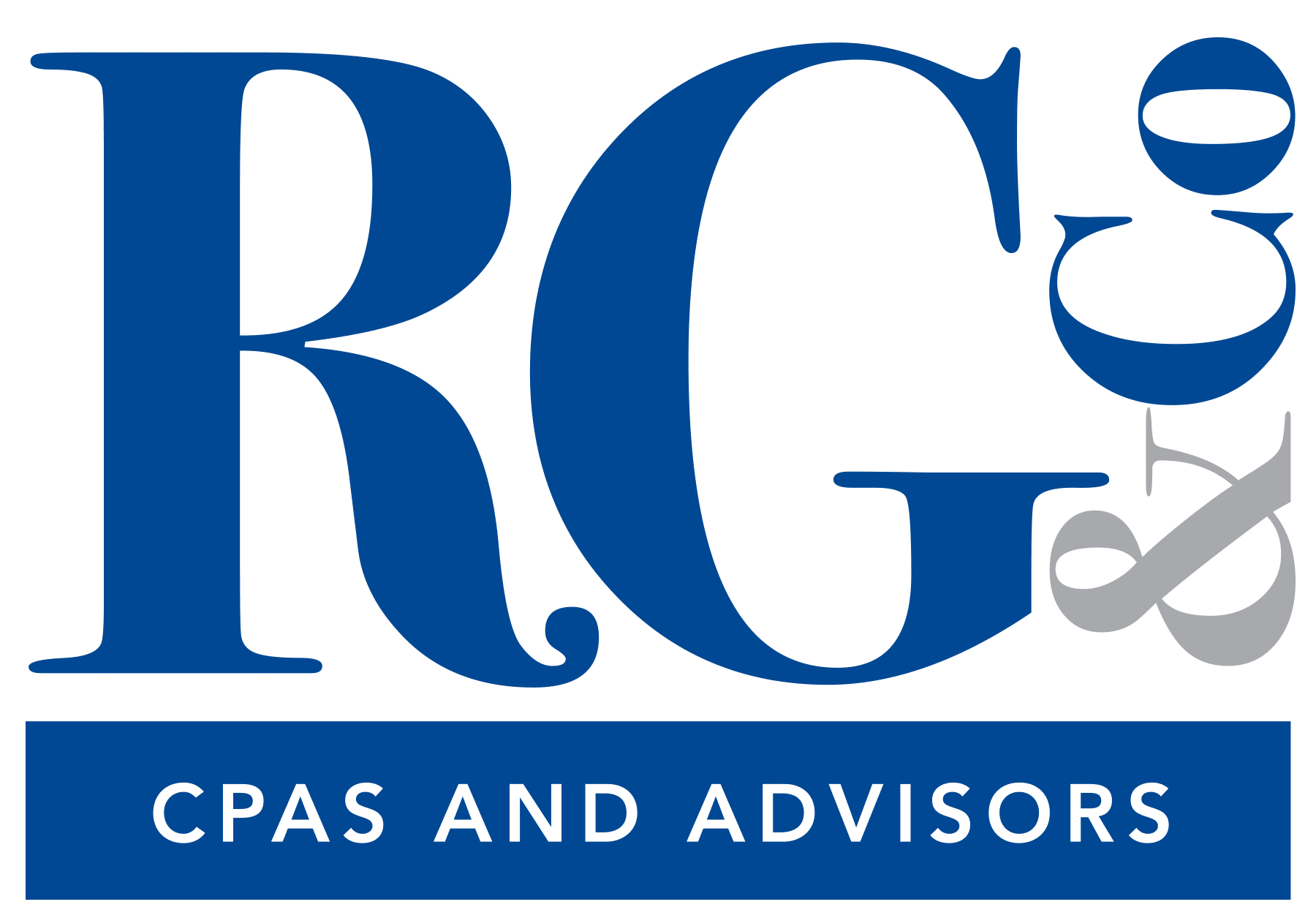- March 13, 2018
- Posted by: Rivero, Gordimer & Company
- Category: Business Advice
In today’s economy, there is no shortage of resources for small business, especially when it comes to startup funding and loan opportunities. The market for small business funding hasn’t always been great, but the outlook has improved dramatically in the past few years.
Most companies begin with a loan of some kind. Whether they use that capital to purchase inventory, hire essential staff, or other initial expenses, the extra cash helps get the business off the ground.
As time goes on, some of these businesses consider taking out a second loan. Obtaining more than one source of lending is known as “stacking loans,” and thousands of businesses are doing it. Stacking loans essentially means that a business owner is liable for multiple debts and must make payments to more than one lender.
There are several reasons a business may seek additional lending, but it’s important to realize that second loans are not always a fit for every situation. If you are considering applying for an additional small business loan, here are two important questions to ask yourself.
Could Your Business Survive Without a Second Loan?
The overall impact of taking out a second loan on your business depends a lot on the situation you are in when you apply for it. Many owners think of loans as a safety net for their business, but that is a dangerous way to approach an additional loan.
If your business is in dire financial straits and is continuously operating with negative cash flow, an additional loan is not going to solve your problems.
In fact, it can actually make your problems worse. Debt restructuring, hiring a local CPA firm, or even filing for bankruptcy may be better options than compounding liabilities with an additional business loan. If debt is one of the biggest issues with your business, don’t add too it with another loan; find ways to cut cost and work yourself out of the red.
On the other hand, if your company is growing rapidly and you don’t have the working capital available to sustain the growth, a second loan may be helpful.
For instance, if your small business lands a large purchase order from a client, you may need a second loan to hire more workers or to obtain the materials needed to satisfy the order.
Successful businesses should consider stacking loans if they are struggling to sustain their growth. However, struggling businesses that are looking at additional debt as a way to stay afloat, should strongly reconsider. Business loans can fix cash flow issues, but not operational deficiencies.
What is Your Plan for the Money?
They say that businesses that fail to plan, plan to fail. That statement is particularly true when it comes to taking out a second business loan.
Cash flow management is one of the biggest problems for small businesses.
Mismanaging cash flow is troublesome when it’s your company’s profit, but when you take out a second loan, you can amplify that issue. If your business struggles with managing funds, taking on an additional liability in the form of debt repayment at a potentially high-interest rate, may not be the smartest decision.
Because stacking loans can be extremely risky, it’s critical that you have a strategic financial plan for how you intend to use that additional capital. Moreover, most banks require a detailed business plan outlining the debt repayment strategy before they’ll approve a business loan.
A strategic financial plan isn’t just a way for you to secure the additional business loan, it’s a way for you to make the best use of the additional funds.
As discussed above, stacking loans is best used to help sustain growth and expansion. If you are in the position where you need a loan in order to cover your personal expenses, business debts, or other basic maintenance, these can be warning signs that another loan isn’t a good idea.
However, if you have a business plan that includes detailed investments that you know will improve your services and benefit the long-term stability of your company, another loan may be a smart idea.
What Lenders Look For
Remember that when applying for a secondary business loan, lenders typically look for the following factors:
- Good payment history on past loans
- Reasonably low balances on past loans
- Decent debt-to-income ratio (DTI)
- Strong business plan with demonstrated past success
- Meticulous accounting and recordkeeping
- Good references from past lenders
Many small businesses struggle with the decision of whether or not to take a second business loan. While it can help successful companies keep their momentum, it can also increase the risk and liability for stagnant or failing businesses.
The decision to take a second business loan should not be made lightly. Responsible lending can help you grow your business, build your credit profile, and sustain growth for years to come.
If you’d like to learn more about business loans and whether your business should consider it, contact the Tampa CPA Firm, Rivero, Gordimer & Company.

